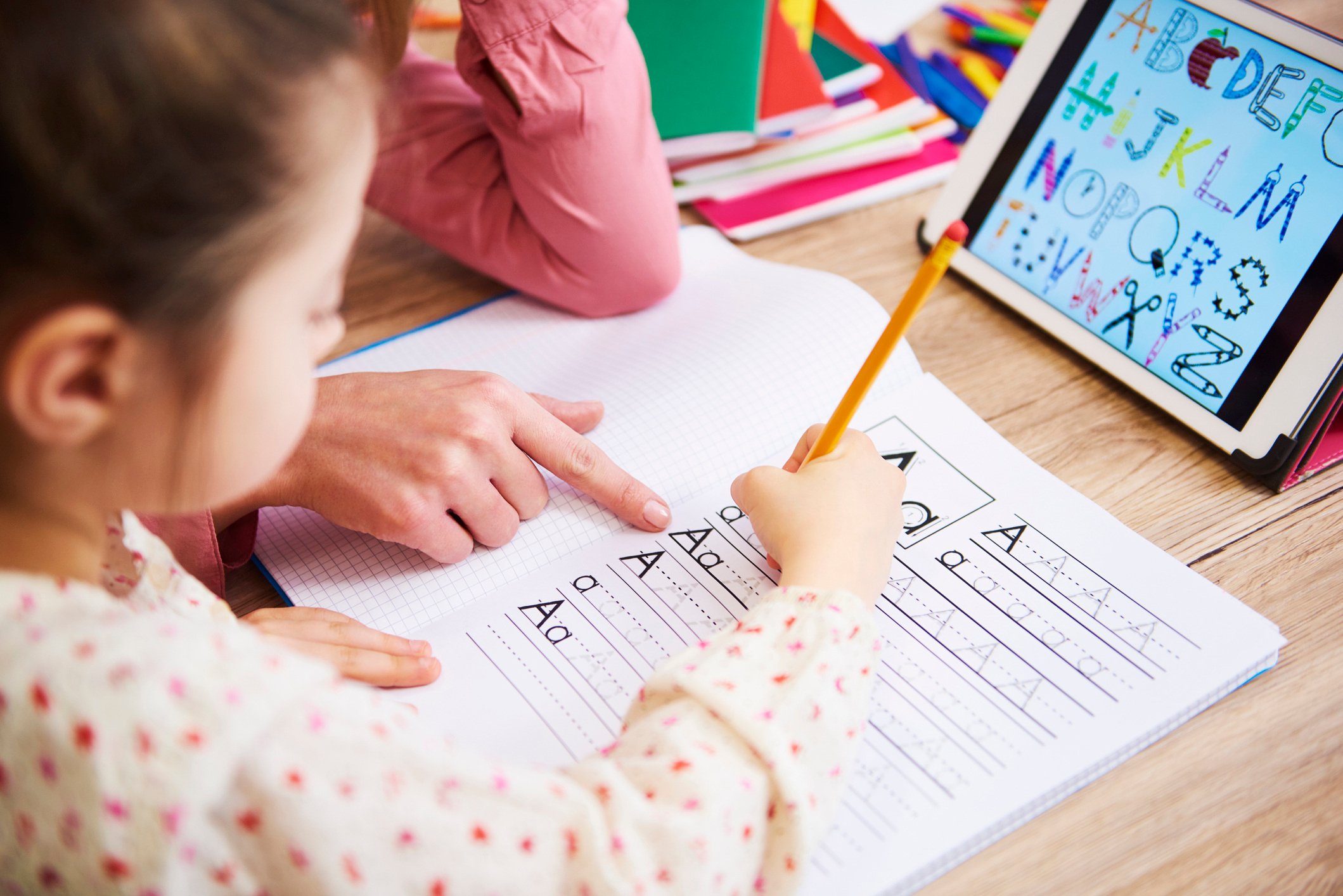Maybe you’ve read articles that discuss how early childhood education programs reduce race- or income-related achievement gaps and help children to succeed in school. If so, the information probably relied upon two widely publicized studies that stated how early childhood education provides significant long-term benefits.
Well, a new study on preschool programs—titled Unsettled Science on longer-run effects of early education and published in the May 2024 issue of Science Magazine—demonstrates a “more nuanced reality.” Although most preschool program evaluations show that attendees have better math and literacy abilities when entering school, the advantage does not necessarily last after students start elementary school. The reality, the study authors discovered, is that not all preschool programs are equal.
Investigators from the University of Virginia; Teachers College, Columbia University; University of California-Irvine; and the University of Delaware delved into already-published evaluations of four preschool programs. The early education programs chosen for the study were well-established, publicly funded ones—and results about their effectiveness were mixed.
In this study, children who attended an early education program based in Boston did have better high school graduation rates when compared to students who hadn’t received the benefits of early education. Two other programs, though, showed no real differences in outcomes—and a Tennessee-based program actually led to worse elementary school outcomes.
As Tyler Watts, Assistant Professor in Developmental Psychology at Teachers College, Columbia University notes, “Certainly, we agree that early childhood education is an important area for public investment. Still, we cannot confidently claim that all public pre-k programs produce positive long-term results.” (italics ours).
So, it’s important to identify the specific key factors that help to develop skill sets needed for children to succeed in school and life “particularly among children from disadvantaged backgrounds.”
This will require additional research that effectively identifies the best preschool practices and methodologies to implement them. Study recommendations include measuring a broader variety of practices in early education classrooms and following the results in children throughout elementary school and high school (and, ideally, when they’re adults) to determine the benefits of their early childhood education.
Horizon Education Centers: Preschool Programs
At Horizon, we pay close attention to early childhood education research and recommendations to ensure the best, most effective preschool experiences for children in our care. Every Horizon center is highly rated by Ohio’s Step Up to Quality program, and our commitment to students goes beyond meeting these standards.
The ways we do this include:
- Experienced, accredited teachers who are skilled in caring for and nurturing preschoolers—and who recognize the importance of individuality—to ensure preschoolers’ proper care, well-being, and development
- Engaging environments with sensory-rich classrooms designed for preschooler exploration
- Strong partnerships between parents and staff with collaborative, open communication to support your child’s development and well-being
- Use of the nationally recognized, research-based Teaching Strategies Creative Curriculum Gold to help ensure kindergarten readiness
- Small and large group learning with a focus on literary, verbal, and social skills, as well as numbers & letter development
- Developmental screenings throughout the year
See the Horizon difference for yourself. Explore our exceptional early childhood education programming, available for toddlers, preschoolers as well as before and after-school care.







